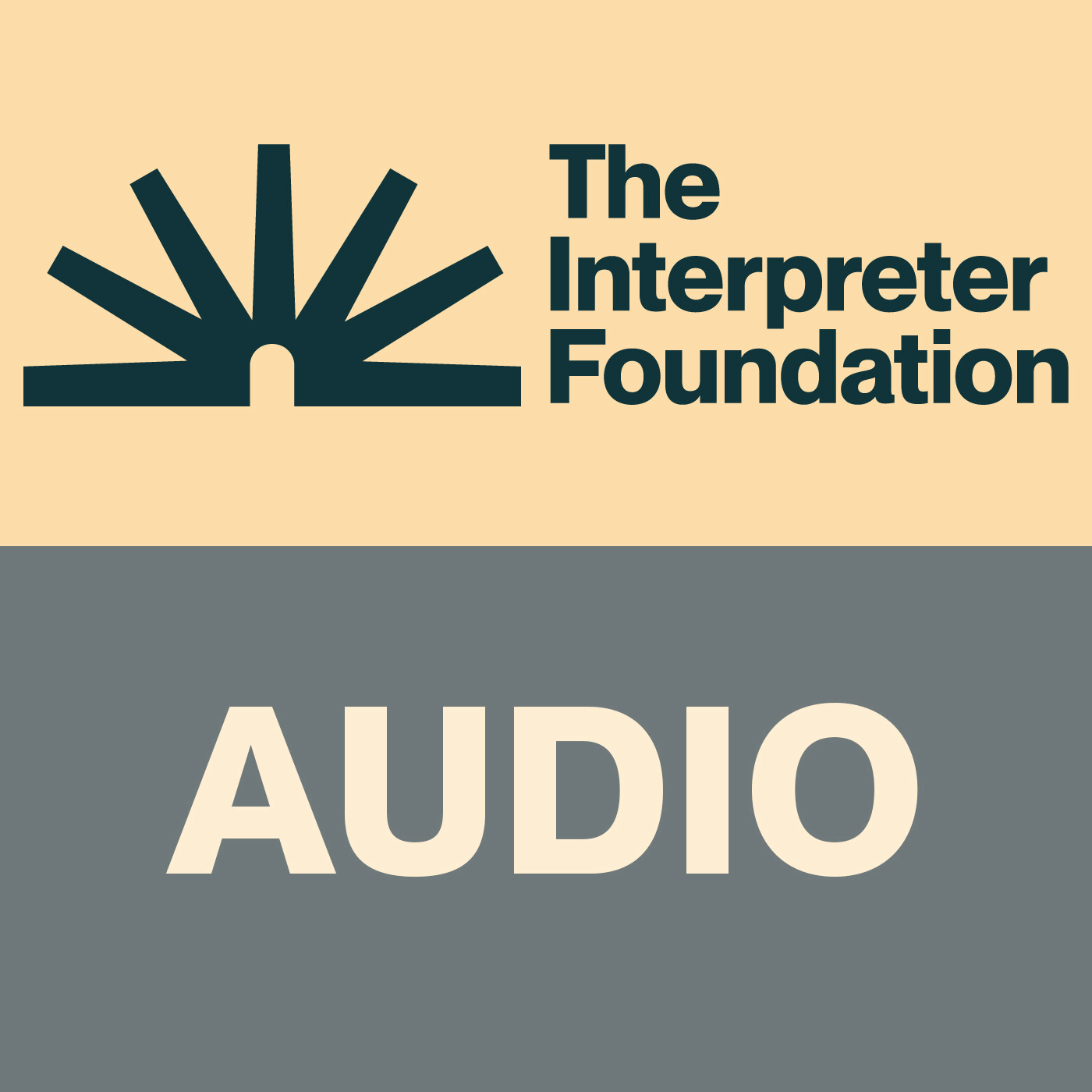It Helps to Have a Village
Description
Abstract: In preparing the next generation, it really is helpful when parents don’t stand alone and they have the help of others outside the family. This is one of the reasons why the seemingly growing gulf between gospel values and the values of the societies around us is such a cause for concern: “The truths and values we embrace are mocked on ev’ry hand.”1 All of us have benefited from innumerable influences—from teachers in and out of the Church, from writers, from youth leaders, from coaches, from role models of all kinds. We may even have forgotten many of those influences, and, no doubt, many of those who have influenced us are unaware of the impact that they’ve had. We should be trying as hard as we can to see that we pass on the gifts that we’ve been given, to do for others what has been done for us. Indeed, we should try to multiply those gifts. “Pay it forward,” goes the currently fashionable (and very admirable) slogan. “Freely ye have received,” commands the Savior, “freely give” (Matthew 10:8).
Occasionally, I fall into a reminiscent mood. It’s probably part of my advancing age and a precursor of my approaching, inevitable demise. Barring some unforeseen and unprecedented medical miracle, much more of my life—much more, even, of my adult life—is behind me than lies before me. Many of the people who most formed my life and who (for good or ill) most shaped my personality and character have now moved on. This thought really sobers me.
I was born and raised in southern California, the youngest in a religiously tepid and denominationally divided home. I had one half-brother (though I, at least, never thought of him as a half-brother) who [Page viii]was ten years older than I. My mother had grown up in southern Utah, in St. George, in a marginally Latter-day Saint family (with an often-absentee father whose somewhat migratory principal occupation was sheep-shearing). My father was a non-practicing Lutheran who had grown up on a farm in rural North Dakota.2
They were children of the Depression who then lived through World War II. My mother had left St. George soon after her high school graduation, seeking work in Los Angeles. My father had also come to Los Angeles, following in the footsteps of an older brother who found work in the booming construction industry of southern California. My parents met several years after his service on the European continent as a non-commissioned officer in the Eleventh Armored Division of General George S. Patton’s Third Army. By the time of their meeting, my father and one of his younger brothers had started their own paving and grading company, which was a significant element of the environment in which I grew up. (For several years, I knew the company’s mechanic as “Uncle Warren,” and I believed that I had other uncles named Joe, Frank, Hank, Charley, and Tino. Happily, I never entirely outgrew the feeling that we were family.)
Both of my parents were highly intelligent; neither could be remotely considered an intellectual. They hadn’t been raised to be such and, although they probably enjoyed reading more than most in their circles, their lives afforded them little opportunity to indulge in “bookishness.” Books were for your spare time, if you ever had any. By strange contrast, from my earliest memory, books were as essential for me as breathing. I devoted scores and scores of hours to poring over articles in the World Book Encyclopedia that my mother purchased from a traveling salesman.
After some time spent quite out of harmony with the Church, my brother transferred to Brigham Young University for his final undergraduate year.
More Episodes
This week for Come, Follow Me lesson 48 covering Ether 12-15, we have lecture 110 from Hugh Nibley’s Book of Mormon classes at Brigham Young University, covering Ether 7-14.
During 1988, 1989, and 1990, Hugh Nibley taught Honors Book of Mormon classes for four semesters at Brigham Young...
Published 11/19/24
Published 11/18/24
Published 11/18/24


